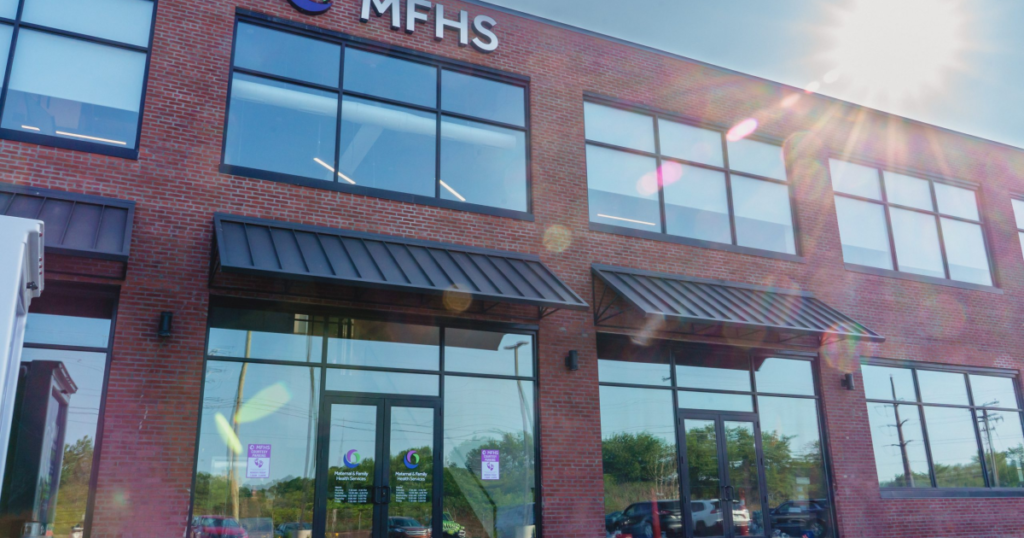State Funding Boosts Efforts to Tackle Maternal Health Crisis in Northeast Pennsylvania
In response to the escalating maternal health crisis in Pennsylvania, Maternal and Family Health Services (MFHS) has been awarded nearly $1 million in state funding. This funding is aimed at bolstering maternal and infant health initiatives in Northeast Pennsylvania.
Maria Montoro Edwards, CEO of MFHS, emphasized the significance of this focus, stating, “If we don’t have healthy children, we’re not going to have healthy adults.”
The 2024 March of Dimes report card has highlighted worsening outcomes in five out of six key areas in maternal and infant health, like preterm births and infant mortality. In response, MFHS has initiated a regional maternal health coalition targeting 14 counties in Northeast Pennsylvania (NEPA) to address these challenges over the next three years.
These counties include Bradford, Carbon, Lackawanna, Lehigh, Luzerne, Northampton, Monroe, Pike, Sullivan, Susquehanna, Schuylkill, Tioga, Wayne, and Wyoming. MFHS is one of four organizations statewide to receive this grant, alongside Pennsylvania State University, Family Health Council of Central Pennsylvania, Inc., and Maternity Care Coalition. Each will receive $900,000 over three years to enhance local maternal health care through regional coalitions, as noted in a Department of Health press release.
During its first year, the coalition will focus on research initiatives. This includes locating birthing hospitals, identifying resources, and addressing coverage gaps through focus groups with mothers. MFHS COO Shannon Hayward stated, “First we need to dig deep into what’s contributing to these factors, because it’s not just one cause.”

DAN KIMBROUGH
/
Submitted by MFHS
Montoro Edwards expects postpartum care to be a significant issue, with behavioral health resources being notably insufficient. The Pennsylvania Department of Health reports that mental health conditions, including overdose deaths, were the leading cause of pregnancy-related deaths in 2020, according to their 2024 Maternal Mortality Review Annual Report.
Governor Josh Shapiro has signed House Bill 2127, which mandates providing pregnant patients with information on mood and anxiety disorders and available resources, a step toward improved postpartum care.
Insights from WIC Program
MFHS, as Pennsylvania’s largest WIC agency, is leveraging its experience to inform the coalition’s initial phase. Hayward emphasized that their insight into family struggles during pregnancy and postpartum largely stems from their WIC program. Transportation also remains a significant barrier, with MFHS already providing gas cards and Uber Health services to assist in accessing appointments. Montoro Edwards suggests that expanding this support could be necessary.
Addressing Maternal Care Deserts
Among the counties served by the coalition, Wyoming and Sullivan are classified as maternal healthcare deserts by the Hospital and Healthsystem Association of Pennsylvania. The coalition aims to devise solutions tailored to the unique needs of these diverse counties. “One of the things that’s so interesting about Pennsylvania is that the counties that we’re serving are so different,” Montoro Edwards noted.
McPhatter to Lead Coalition
London McPhatter, appointed to lead the coalition, brings a public health perspective to addressing the region’s maternal healthcare challenges. “I am truly honored to have been selected for this important role,” McPhatter said, highlighting her commitment to improving maternal health outcomes. Her efforts are particularly focused on addressing racial disparities, as data from the Pennsylvania Department of State show that non-Hispanic Black individuals have a significantly higher Pregnancy-Associated Mortality Ratio than their white counterparts.
McPhatter expressed her hope for community engagement, emphasizing its importance in shaping effective solutions for the region’s varied communities. “My biggest hope is that we have a lot of engagement, because I feel like the engagement will be what helps us on figuring out what we need to work on throughout the different 14 counties that we’ll be serving,” she said.





